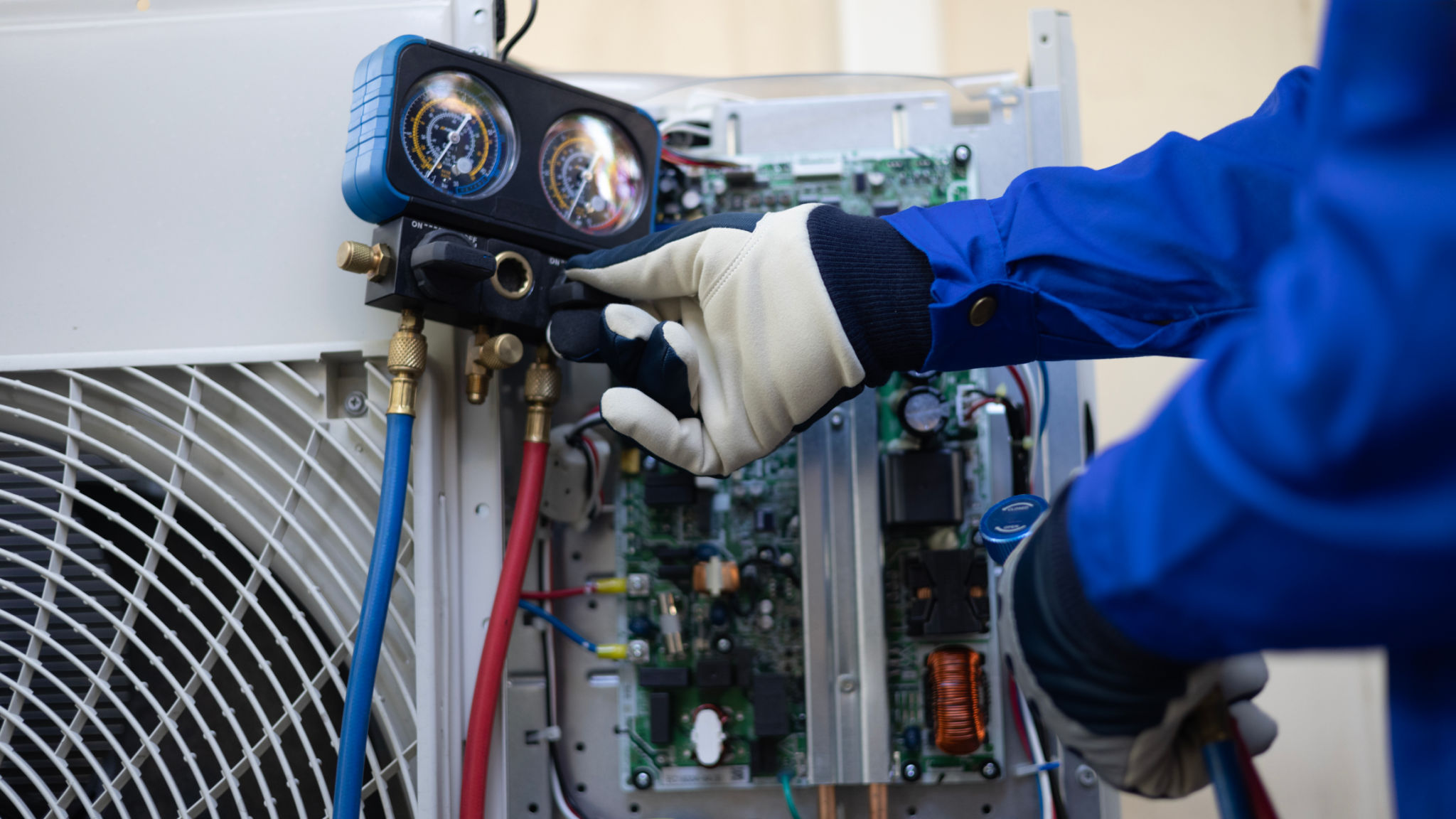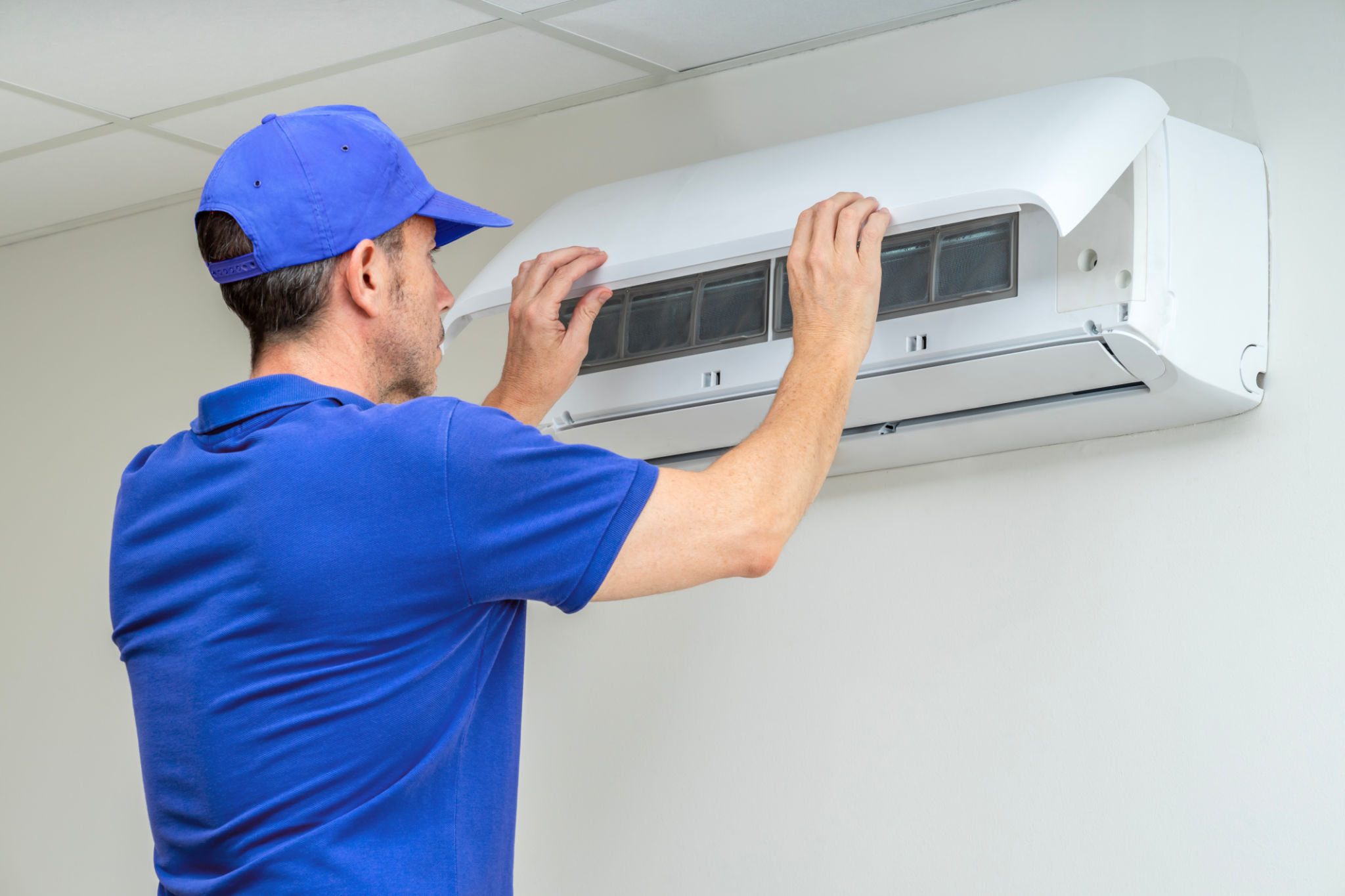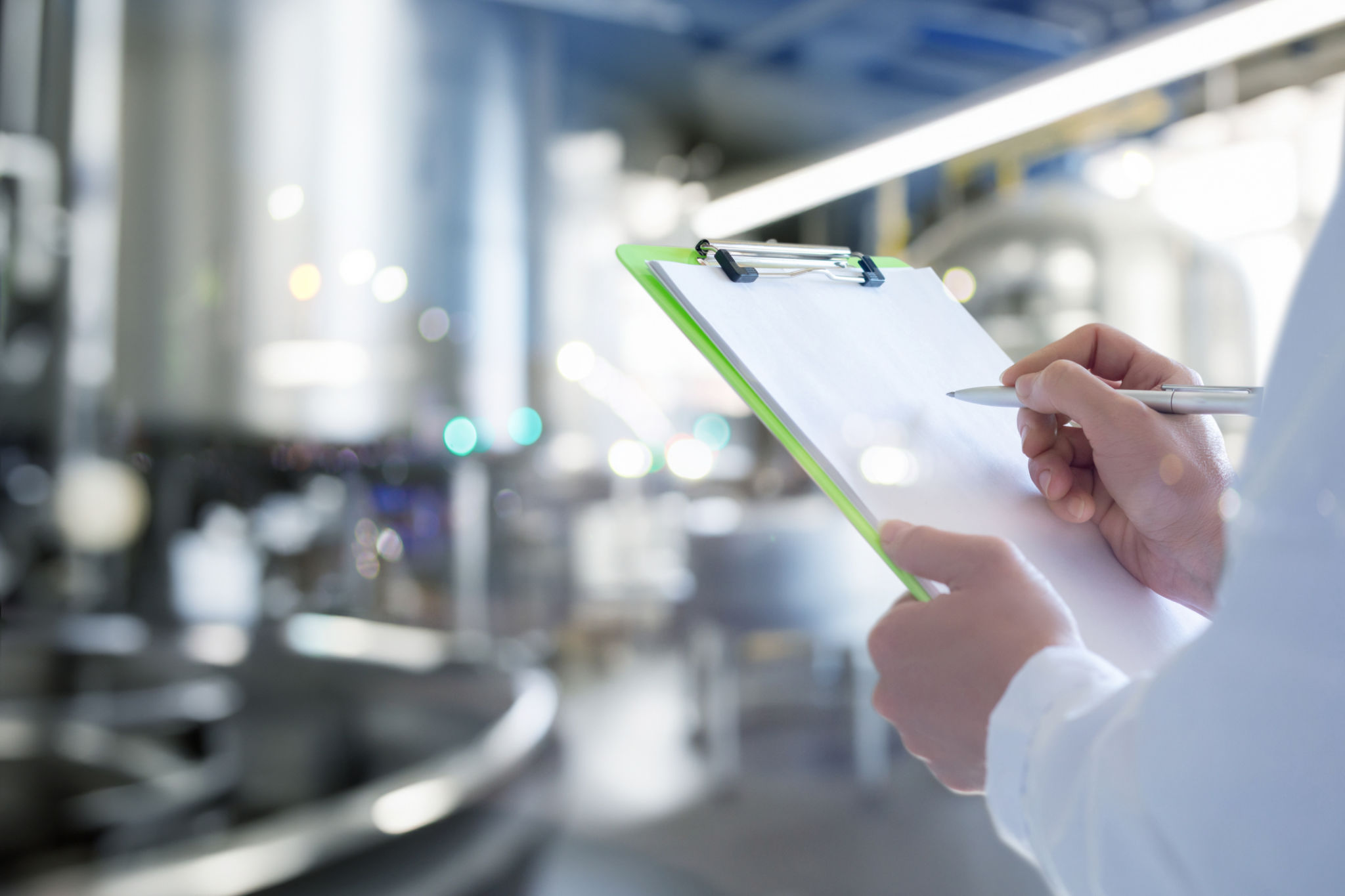How to Maintain Your Lab Equipment for Longevity and Reliability
Importance of Regular Maintenance
Maintaining lab equipment is crucial for ensuring both longevity and reliability. Regular upkeep not only extends the life of the equipment but also enhances its performance, ensuring accurate and consistent results. By investing time in proper maintenance, you can prevent unexpected breakdowns, reduce repair costs, and maintain a safe working environment.

Establishing a Maintenance Schedule
One of the best ways to ensure your lab equipment remains in optimal condition is to establish a routine maintenance schedule. This includes daily, weekly, monthly, and annual tasks that are specific to each piece of equipment. Consult the manufacturer's guidelines to determine the appropriate maintenance frequency and tasks.
Daily checks typically involve cleaning surfaces and inspecting for visible signs of wear or damage. Weekly and monthly routines might include more detailed inspections, lubrication of moving parts, and calibration checks. Annual maintenance could involve professional servicing or deep cleaning procedures.
Cleaning and Calibration
Regular cleaning is vital for the effective functioning of lab equipment. Dust, dirt, and chemical residues can build up over time, potentially leading to malfunctions or inaccurate readings. Use appropriate cleaning agents as recommended by the manufacturer to avoid damaging sensitive components.

Calibration is another essential aspect of maintenance. Over time, even high-quality equipment can drift from its initial settings, affecting accuracy. Regular calibration ensures that measurements remain precise. Depending on the equipment, this might be something you can perform in-house, or it might require professional expertise.
Proper Storage and Handling
How you store and handle your lab equipment plays a significant role in its longevity. Always return equipment to its designated storage area after use, ensuring it is clean and dry. Avoid exposing sensitive instruments to extreme temperatures or humidity levels, as these can lead to deterioration over time.
Handle equipment with care, following all manufacturer guidelines for use and transport. For delicate instruments, consider using support stands or protective cases to prevent accidental damage.

Employee Training and Protocols
Ensuring all lab personnel are well-trained in the use and maintenance of equipment is essential for preventing accidental damage and ensuring consistent upkeep. Provide regular training sessions that cover basic maintenance tasks, proper handling techniques, and emergency procedures for dealing with equipment malfunctions.
Implementing standardized protocols for equipment use and maintenance can also streamline processes and reduce the risk of errors. Clearly document these procedures and make them easily accessible to all staff members.
Keeping Maintenance Records
Maintaining detailed records of all maintenance activities can be incredibly beneficial. These records help track the history of each piece of equipment, making it easier to diagnose issues and plan for future maintenance needs. Record dates of inspections, cleaning, calibrations, repairs, and any anomalies observed during use.
Having this documentation readily available can also be useful during audits or when troubleshooting issues with manufacturers or service providers.
